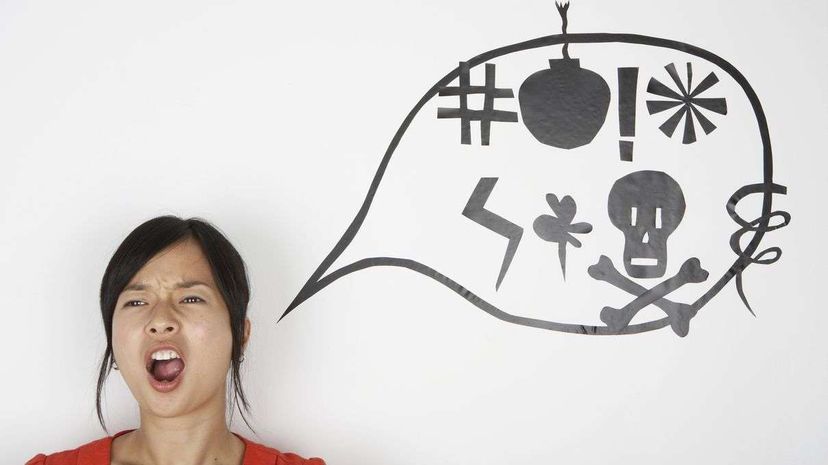
We tend to think of the evolution of swear words as linear, from bad to “meh.” A word that was extremely offensive — unspeakable, even — in your grandparents' generation is now a staple of basic cable TV. But is it possible for words to actually become more offensive and taboo over time?
Absolutely, says linguist Randall Eggert from the University of Utah, who recently wrote a terrific editorial in the Washington Post titled, How the n-word became the new f-word. In your grandparents' generation, only the most depraved pornographers and poets used the f-word, but sadly most people could utter the n-word without impunity. In modern America, the two words have officially switched spots on the offensiveness scale.
Advertisement
Eggert teaches a popular class called “Bad Words and Taboo Terms,” and has been surveying students for years about the words they consider the absolute worst. Topping the list in 2015 are the n-word and c-word, followed by the other f-word (the one referring to a gay man).
“Racial and other ‘slurs' are the strongest swear words in English today,” Eggert told HowStuffWorks. “It's been a slow shift. In the early 19th century, it would have been ‘profanity' — religious-based swears like 'hell' and 'Jesus!' — while the Victorian age shifted to taboos about ‘obscenity' or sexual swears."
Beginning with the civil rights victories of the 1960s, it has become less and less acceptable to use racial slurs and other derogatory terms for women or LGBT individuals in public or private discourse. The c-word, which is shocking to modern ears, was once merely uncouth — a colorful 17th-century term for a sexual organ. Now it's associated with violence against women.
While the rising generation will undoubtedly shock you with its “potty language,” it's even more interesting to wonder what words you are using that might shock them.
Advertisement
